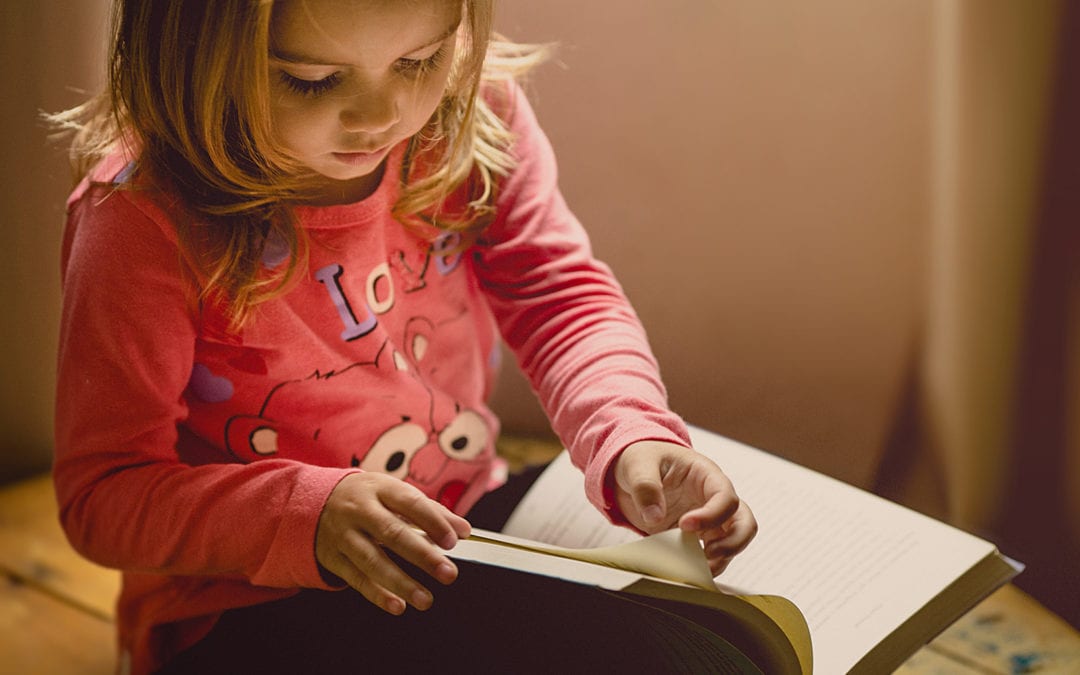Supporting your children with homeschooling is a challenge, especially when you are trying to work from home at the same time. Sharing your kitchen table with your seven year old, while at the same time trying to look presentable for a video call and wondering whether your teenager is actually doing their work in another room has become the new family life for many people in the Lockdown Britain of the Coronavirus crisis, as we all socially distance ourselves as much as possible.
It is not easy…the new normal in the very abnormal world that we are living in at the moment. We hope it won’t last a long time, but while it does last, we should try and make the most of it, because hopefully we will never get such a long period of time ‘together’ again in such circumstances.
Between my colleague and I at Student Navigator, we have six children ranging from nursery to sixth form, all with very different needs and at very different stages in their education ….so, supporting your children with homeschooling is something that we are getting used to as well.
Structure and Routine
More important than ever is to have structure and routine in your day. This includes having breaks together, eating meals together and making the week days different to the weekend. It sounds obvious, but as the weeks of isolation continue, this will be harder, so start as you mean to go along. A structure to your day will help children feel more secure in this time of great insecurity. It will also help them to be more ready to return to school once they do re-open.
Talking to your Children about their work
No matter what age your children are, talk to them about their work and their learning. This is often more difficult the older they are, and they might just ‘want to get on with it’, but talking about and sharing what they are doing is a brilliant way of helping them to learn. Talking about work is what they do all the time at school and it is difficult to replicate this in remote learning. At school teachers and school friends are interacting with them constantly, asking questions, discussing work formally and informally and bouncing off ideas. As parents we can ask questions, ask them to explain what they are learning, test them, discuss their work and share ideas.
Tips for Supporting your children with Homeschooling
Primary School Ages 4 – 7 (Reception, Y1 and Y2)
- My son’s headteacher once said: “The first priority is for your child to feel safe and happy. Only then will they be ready to learn.” Young children may be particularly confused and unsettled by this period of change and uncertainty. Establishing a very gentle weekday routine will help to navigate the day and reassure anxious children.
- The typical attention span of a child is roughly three times their age, which suggests that the maximum time we should expect children in Reception, Y1 and Y2 to focus is twenty minutes. Try to balance activities throughout the day to ensure that your child has plenty of time to create, relax, focus and move. PE with Joe Wicks (www.youtube.com) is a great start to the day and a complete hit in my house!
- Younger children don’t learn by sitting still and working quietly, so need lots of opportunity to learn through play and discussion. Lego, Play Mobil, dominoes, snakes and ladders, play doh etc. all create opportunities for learning, especially with an engaged adult playing alongside.
- Audio books are fantastic for exposing younger children to language and stories, whilst encouraging their imagination. Children could draw pictures to accompany the story, draw and label one of the characters, write an alternative ending, act out the story with their teddies…..
- There is lots of educational content on CBeebies iPlayer – Numberblocks, alphablocks, Maddie’s Do You Know, My World Kitchen to name a few. There are also plenty of family favourite films including The Snail and the Whale, Stick Man, and Mr Stink. Down time for your children and you is very important, so grab a blanket and snuggle down together!
Here at www.studentnavigator.co.uk, we are offering support for homeschooling for primary and secondary students during this time. Please look at our website for other posts, useful resources and contact us if you are wanting mentoring or individual support for secondary and primary students, and depending on our capacity, we will aim to support you as best as we can.

